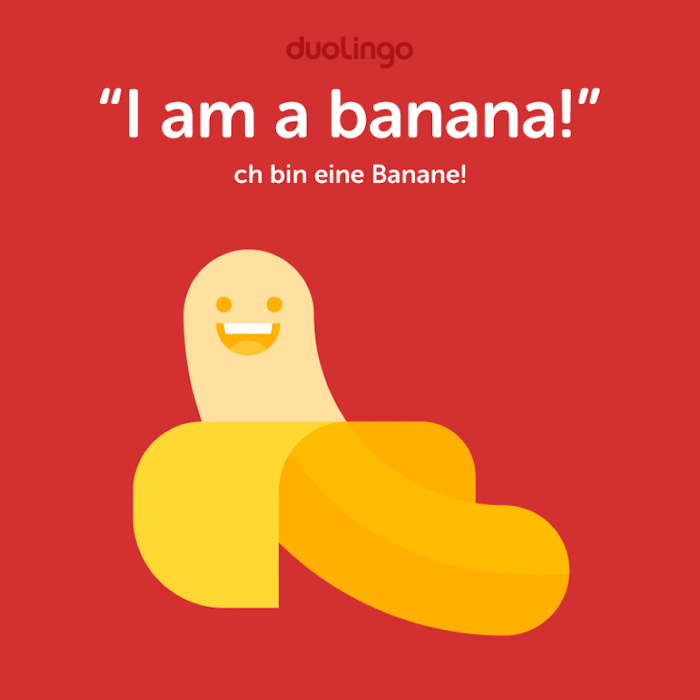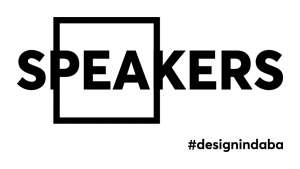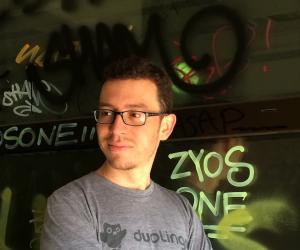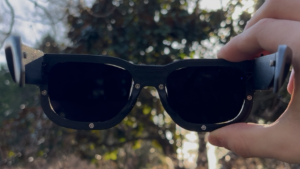From the Series

Tech entrepreneur Luis von Ahn is not only a crowdsourcing pioneer, MacArthur Fellow and computer science nerd; he is also a genius at finding ways for man to fill in the gaps left by machines. In an age where AI is fast becoming more intelligent and more capable than humans (and when Elon Musk claims we might already be living in the Matrix) it is reassuring to discover that there are still some things that computers cannot do without the help of their human creators. Von Ahn will be speaking at Design Indaba 2017, and here's a few reasons why you don't want to miss him.
In order to fully appreciate this man’s genius, we’ll need to take a look back at how von Ahn has harnessed the power of millions of human minds to solve problems that computers and algorithms cannot.
To start with, von Ahn’s language-learning platform Duolingo has over 120 million users and has won multiple awards, including iPhone’s app of the year, Google’s Best of the Best two years in a row, and an INDEX Award. Duolingo uses gamification to keep users engaged and having fun: awards are given for good learning streaks, points given for correct answers and hearts lost when responses are incorrect. Duolingo is an extraordinary example of next generation education technology whereby the best methods for teaching are constantly updated based on findings from the users’ achievements. This enmass citizen research improves the platform’s overall effectiveness and the same findings are used to tailor teaching methods and speeds to each individual user.
Von Ahn grew up in Guatemala and witnessed first hand the barriers faced by poor communities looking to escape poverty. Second languages can drastically improve the chances of employment, but courses are typically expensive. Duolingo is completely free to use and therefore democratises language learning and encourages better cultural connections. And that’s not even all: Duolingo also uses the collective intelligence of its millions of users to translate pages of the internet.
Duolingo is just the latest in a string of extraordinary apps, games and programmes that von Ahn has created that tap into the collective power and peculiarity of the human mind. Von Ahn also invented CAPTCHAs, the distorted sentences you’re asked to type to prove you’re human when buying tickets online or set up a Facebook account. Over 200 million of them are used on the internet every day.
Von Ahn then also found a way of making the time spent typing the millions of reCAPTCHAs every day into a valuable use of human minutes. The world’s books – in printed volumes of human knowledge – are being slowly digitalised to make the information more widely available via the internet. However, automating this process is challenging because computers struggle to decipher words from old, faded pages. The reCAPTCHA system now asks you manually type in one of these words the computer system hasn't been able to recognise, meaning that every time you’re required to type in a reCAPTCHA you are helping digitalise millions of books.
In his time at Carnegie Melon University, von Ahn also founded the Games With a Purpose (GWAP) project, which created games that used human minds to measure subjective or abstract things. These games included Matchin’, where two players are shown the same pair of images and asked to pick the one they think is more attractive. This creates a database of images that can be searched by aesthetic value. Babble is a game that asks users to guess the translation of certain words and enables the translation of foreign text into English without the need for someone fluent in both languages. InTune gets people to describe audio clips in short phrases, creating searchable tags for the sound.








